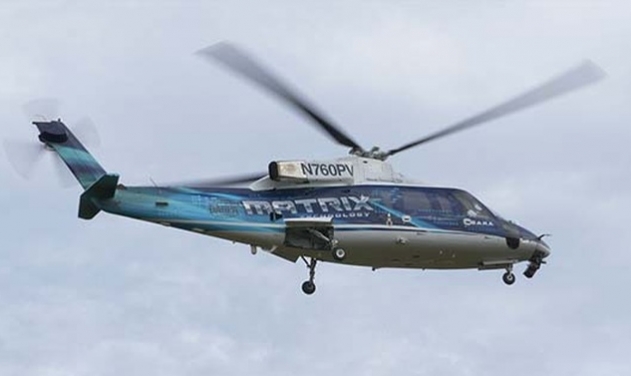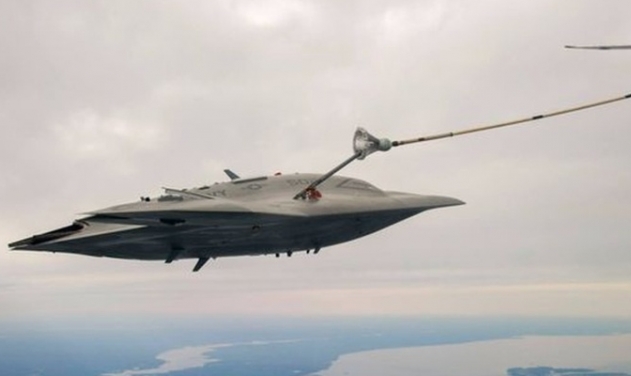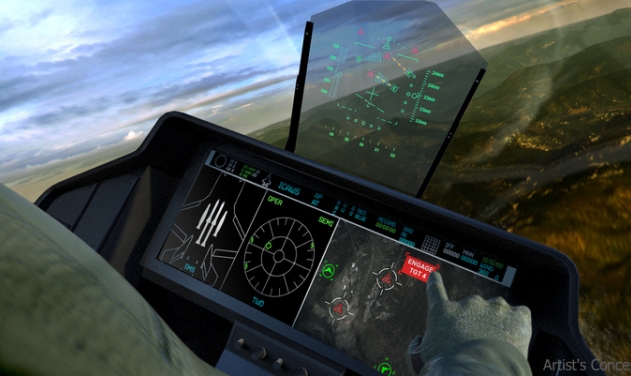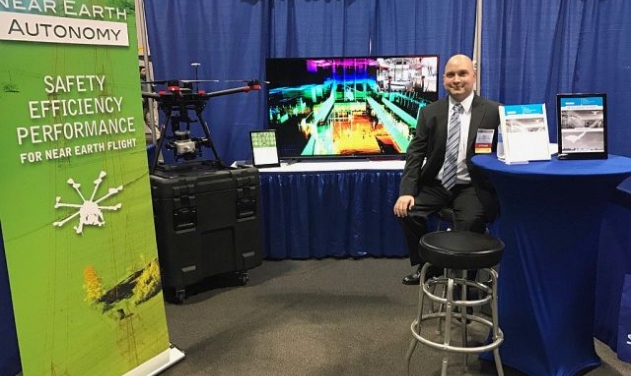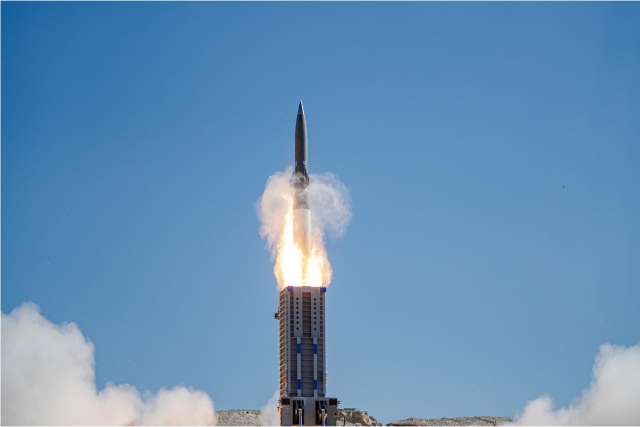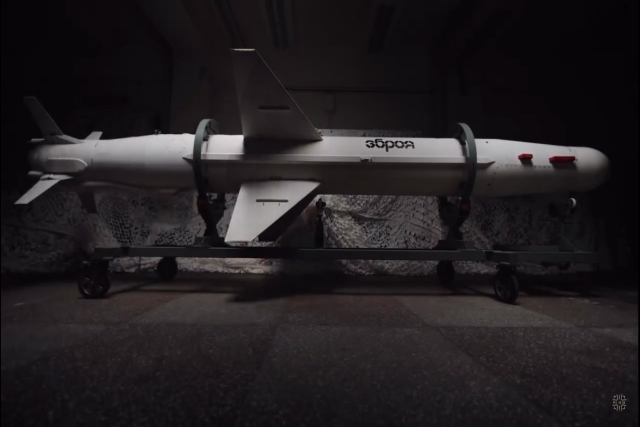Boeing Unmanned Passenger Aircraft Completes First Flight
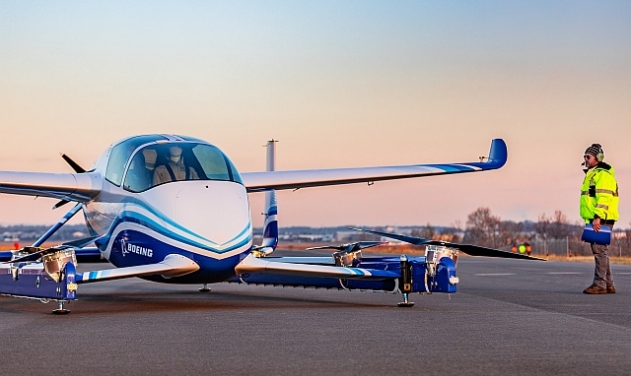
Boeing yesterday conducted the first test flight of its electric-powered autonomous passenger air vehicle (PAV) prototype in the US city of Manassas, Virginia.
The PAV prototype completed a controlled takeoff, hover and landing during the flight, which tested the vehicle's autonomous functions and ground control systems. Future flights will test forward, wing-borne flight, as well as the transition phase between vertical and forward-flight modes. This transition phase is typically the most significant engineering challenge for any high-speed VTOL aircraft.
"In one year, we have progressed from a conceptual design to a flying prototype," said Boeing Chief Technology Officer Greg Hyslop.
Powered by an electric propulsion system, the PAV prototype is designed for fully autonomous flight from takeoff to landing, with a range of up to 50 miles (80.47 kilometers). Measuring 30 feet (9.14 meters) long and 28 feet (8.53 meters) wide, its advanced airframe integrates the propulsion and wing systems to achieve efficient hover and forward flight.
"This is what revolution looks like, and it's because of autonomy," said John Langford, president and chief executive officer of Aurora Flight Sciences. "Certifiable autonomy is going to make quiet, clean and safe urban air mobility possible."
Boeing NeXt, which leads the company's urban air mobility efforts, utilized Boeing subsidiary Aurora Flight Sciences to design and develop the electric vertical takeoff and landing (eVTOL) aircraft and will continue testing to advance the safety and reliability of on-demand autonomous air transportation.
The test flight represents the latest milestone for Boeing NeXt. In addition to the PAV, the Boeing NeXt portfolio includes an unmanned fully electric cargo air vehicle (CAV) designed to transport up to 500 pounds (226.80 kilograms) and other urban, regional and global mobility platforms. The CAV completed its first indoor flight last year and will transition to outdoor flight testing in 2019.

